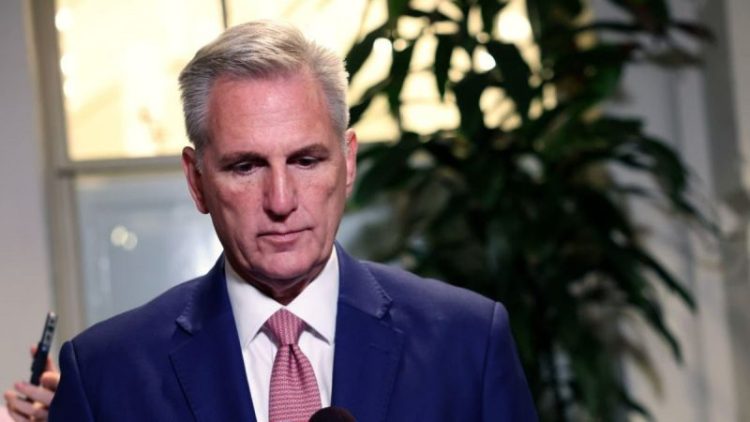
With the looming possibility of a government shutdown, Congress is inching closer to a spending deal, but so far there is no clear resolution in sight.
The current stopgap measure, known as a continuing resolution (CR), will expire on Friday, Dec. 11, 2020. This means that if Congress does not reach a deal by then, the government will enter a partial shutdown, at least temporarily suspending the operations of non-essential federal services.
Negotiations are ongoing with both sides seemingly determined to avoid a shutdown. To this end, congressional leaders from both parties must find a compromise which addresses their disparate views on overall spending and policy-related issues.
One potential way to avert a shutdown would be to pass a short-term CR, allowing Congress more time to shore up a deal. However, it is not immediately clear whether such a strategy will gain the requisite support in Congress.
The parties involved in negotiations are continuing to work for a prolonged funding bill, traditionally known as an omnibus spending bill. This type of bill could give Congress plenty of leeway to attach a variety of legislative riders which could fund programs that are important to them.
It is also important to note that congressional leaders have not ruled out the possibility of an agreement being reached at the last minute. But until a deal is struck, there remains the distinct possibility of a government shutdown.









